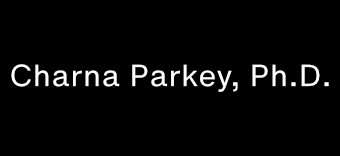If you answered yes to these questions then consider signing up to post your notes or blogs for the sessions you are interested in. Here’s how to sign up, it’s super easy:
- Fill out the volunteer application, indicate your interest in wiki note taking.
- A Communities Committee member will contact you confirming your interest.
- Head over to our wiki and create an account if you do not already have one.
- If your account does not automatically work don’t worry, it may not have been approved yet.
- When you can log in. Fill out your user profile by talking about what communities you plan on being involved in, see mine or Valeries for an example.
- Head back on over to the wiki page and click edit on the day that you wish to sign up for a session.
- Replace the Sign Up text with your name linking to your profile in the correct cell of the table for the session you wish to blog or take notes on. (Here is an example of how to link to your profile page [[User:Bubbva|Valerie]] replace Bubbava with your user name and Valerie with your name)
- It is a good idea to preview your changes before saving them
And Voila! you are all signed up. We need to get as many of the sessions covered as possible so please take some time to figure out your schedule before the conference and sign up.
In order to give you an idea of what we are looking for, Note-takers will add their notes directly on the wiki using the wiki markup language, and these should be factual notes of what was actually said in the session. Bloggers will blog on their own blogs anything they like and edit the session wiki page to link to their blog from their.
If you do sign up, be sure to post your notes as soon as possible after the session because we have many followers who are not able to make it to this years GHC and we want to keep them well fed with new and updated content as the conference goes on.
If you have any questions don’t hesitate to ask.
